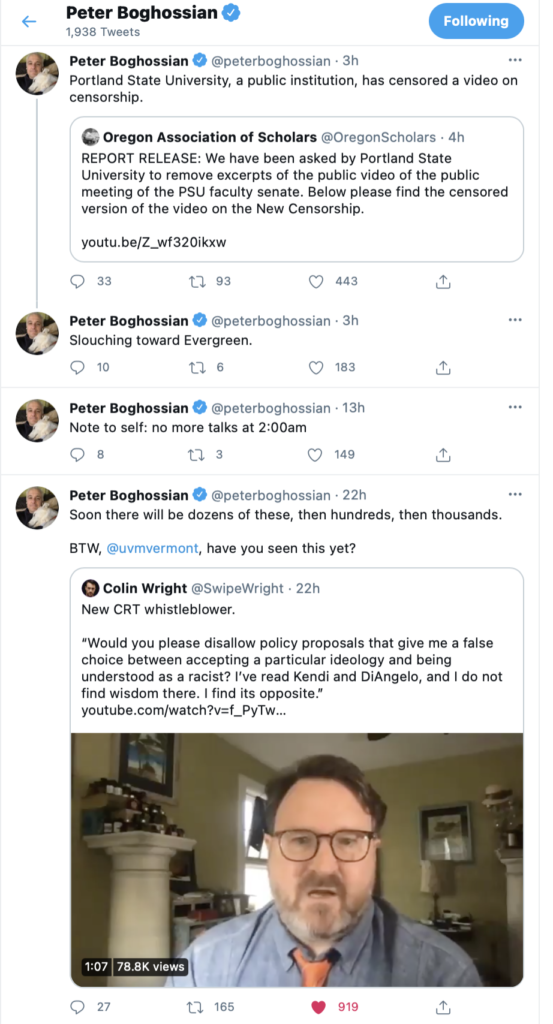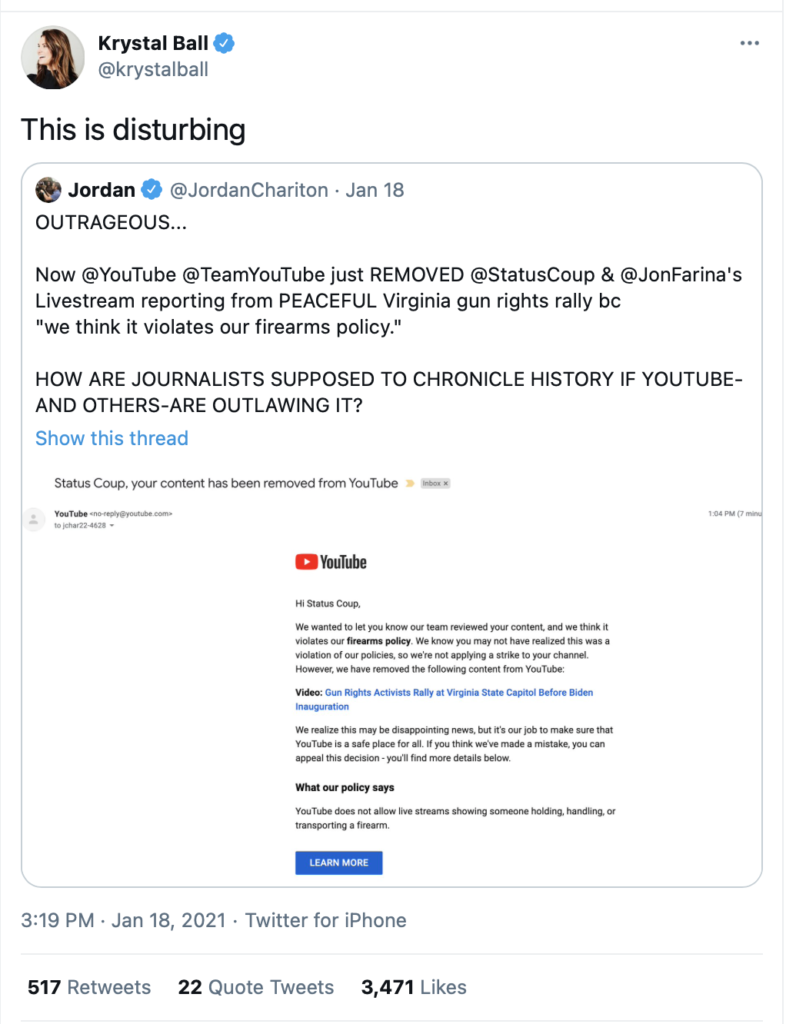Glenn Loury and John McWhorter Discuss the Racism of Anti-Racism, as Applied to Education
The overall theme in this video is that we are not going to be able to solve problem if we are not willing to look squarely at the problem. The horrific problem we face in the U.S. is that a large percentage of black children are not fairing well in American schools. In 2019, only 20% of black children were proficient at math (compared to 52% of whites, 28% of Hispanic and 66% of Asian children). We never get to why this is happening or how to fix the problem if we deny that there is a problem. Wokeness/Critical Race Theory "fixes" the problem by pretending that mathematics is racist, in order words, by disparaging math as "white" and attempting to lower the standards. As Glenn Loury passionately points out, this is a racist move, a backhanded way of suggesting that black kids can't cut it, even though most other children all over the world can. This following video is a 15 minute excerpt of a longer discussion that one can view at Glenn Loury's Patreon Website.
Note: I hold that the term "race" is scientifically incoherent and socially divisive. Taking the view that there are "races" is the first step on the slippery slope toward racism. Categorizing complex humans as colors is grotesque, simplistic, dysfunctional and destructive. To see another person as a color is as ridiculous as believing that one can tell character by one's birthday (astrology) or by the shape of one's head (phrenology). In this article, I reluctantly refer to "races" given the current social landscape, with the hope and dream that, someday, "race" will be generally recognized to be the least interesting aspect of any human being, as uninteresting as the shape of their third toe on their left foot.


